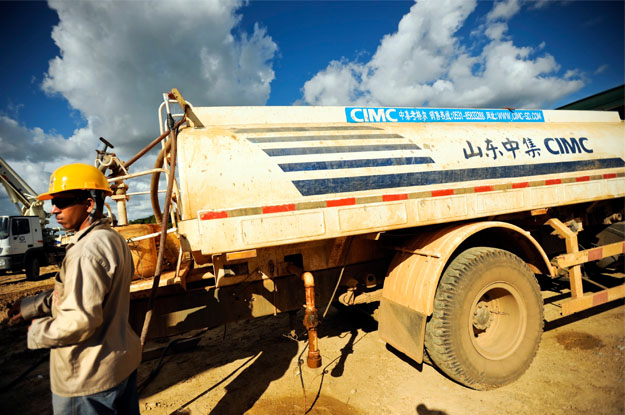This article is adapted from AQ’s latest issue on China and Latin America
China should recognize Latin America as an opportunity, but also as a challenge.
On the one hand, it is a resource-rich continent with a huge Pacific coast that looks toward Asia. And the region will continue to require significant amounts of investment to achieve its dream of sustainable and equitable growth. Not just in energy and natural resources, but in infrastructure connectivity and many other sectors where China has significant interest. The rising and technologically connected aspiring middle class is also demanding more from their governments. The sums of money required to make a real impact are huge.
On the other hand, the challenges are clear. We only have to look at the recent experiences of Venezuela and Cuba as well as Argentina and Ecuador under the prior governments, to see that China became a lender of last resort. Their investments and loans provided the countries with the space to implement irresponsible economic policies to the detriment of their populations. In some cases, it is worth wondering whether China is exposed in the same way international banks were during the 1970s, before the global debt crisis.
Thinking about the financial history of Latin America might help avoid a similar outcome.
For its part, China should, as it learns more about the region, become more sophisticated in its lending practices. Critically, after Venezuela returns to democratic rule, China should come together with the international community — the International Monetary Fund, development banks, governments and the private sector — to provide humanitarian aid and create an economic recovery plan. Their cooperative engagement in this process will help define their role as an investor in Latin America.
Meanwhile, Latin Americans should ensure that investment from China is balanced with private sector-led investment from the U.S., Europe and the rest of the world. And perhaps most importantly, Latin Americans must repatriate capital, which has fled the continent over the last several decades. Sadly, this has not occurred, and while the diaspora has significant capital abroad accumulated over several decades, it has yet to play a large role in their country’s development. Solving this challenge will ensure a better investing environment for everyone —and greater prosperity for the whole region.







